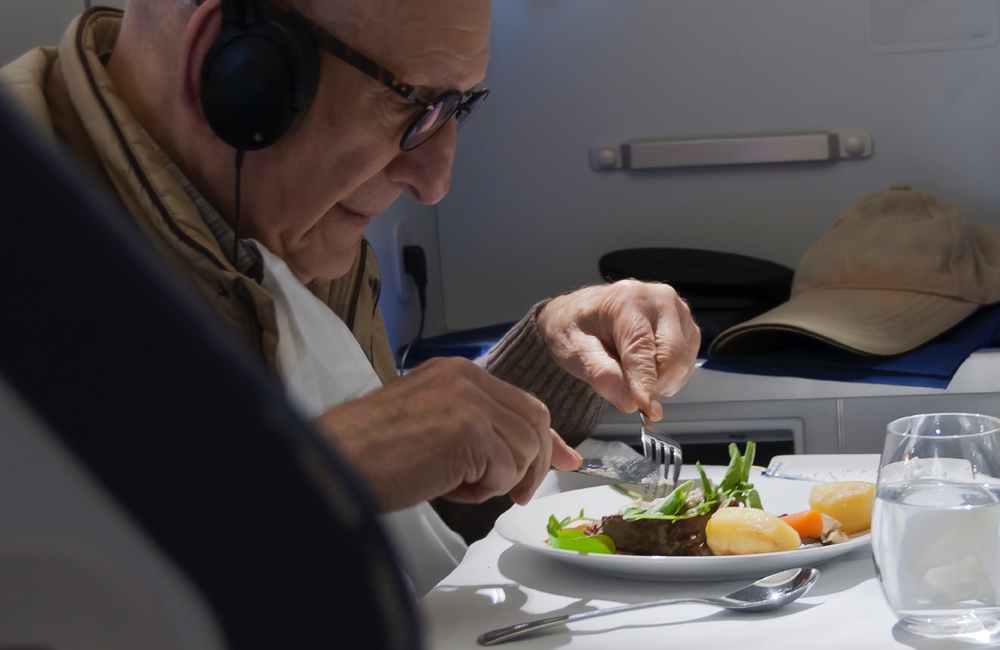Most people hope to live on their own with little, if any, help from their children or other caregivers as they age. But to live independently, a person needs to be able to manage their basic daily care and basic housekeeping activities, and that requires strength. Could eating more protein help seniors stay independent longer? A new study says yes.
People 85-years-old and older are the fastest growing age group in the U.S., and they are more likely to become less able to perform basic daily care activities such as feeding, bathing, dressing and using the toilet independently. They are also less able to remain mobile enough to go to the grocery store, participate in social activities and handle their finances.
Generally speaking, older adults eat less protein than younger adults for a variety of reasons, including poor health, decreased physical activity, and changes that take place in the mouth and with the teeth due to aging.Seniors whose diet included more protein when the study began were less likely to become disabled compared to people who ate less protein.
The study involved 722 people reaching their 85th birthday in 2006, using data from the Newcastle 85+ study conducted in the United Kingdom. Participants provided information about their daily diet, height and weight, overall health assessment (including any disability) and their medical records. Sixty percent were women.
A quarter of the participants did not consume the recommended dietary allowance (RDA) of protein. To look into this more closely, researchers followed the relationship between protein intake and increasing disability over the next five years.
Seniors whose diets included more protein when the study began were less likely to become disabled compared to people who ate less protein. Eating adequate protein slows the loss of muscle mass, and having enough muscle mass helps a person to maintain the ability to perform activities of daily living independently and prevents disability.
“Our findings support current thinking about increasing the recommended daily intake of protein to maintain active and healthy aging,” said Nuno Mendonca, principal author of the study. The recommended daily allowance (RDA) for protein for all adults is .8 grams of protein for every kilogram or 2.2 pounds of body weight, but healthy older adults, particularly those who remain active, would be wise to increase that to 1.0 to 1.2 grams, according to many experts. The protein requirements of older adults with chronic health conditions may differ from the RDA for healthy older adults.
The study is published in the Journal of the American Geriatrics Society.





